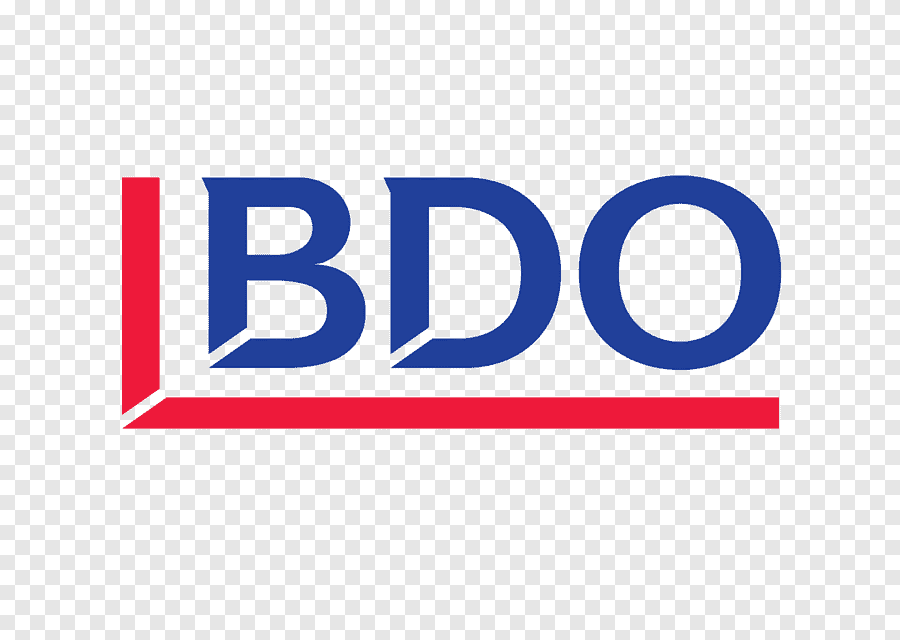Enhancing Accounts Receivables Efficiency in London's Internal Audit Department

In the dynamic landscape of London's internal audit department, managing accounts receivables poses both challenges and opportunities for organizations. Ensuring efficient processes and accurate financial reporting is crucial for sustainable growth and compliance.
This article delves into key strategies to optimize accounts receivables operations and enhance the internal audit department's effectiveness in London.
Challenges Faced
- Delayed payments impacting cash flow
- Inaccurate invoicing leading to reconciliation issues
- Lack of visibility into receivables status
Opportunities for Improvement
- Implementing automated invoicing and payment reminders
- Enhancing data analytics for receivables monitoring
- Streamlining communication between departments for timely reconciliations
By addressing these challenges and capitalizing on opportunities, London's internal audit department can streamline accounts receivables processes effectively.
Implementation Strategies
- Integrate accounting software for automated invoicing and payment tracking.
- Utilize data visualization tools to analyze receivables trends and identify bottlenecks.
- Establish clear communication channels between finance and operational teams for seamless reconciliation.
Embracing these strategies will not only enhance operational efficiency but also improve financial decision-making within the internal audit department.
Take proactive steps today to transform your accounts receivables management in London's internal audit department. With the right tools and strategies in place, your organization can achieve greater financial stability and compliance.












